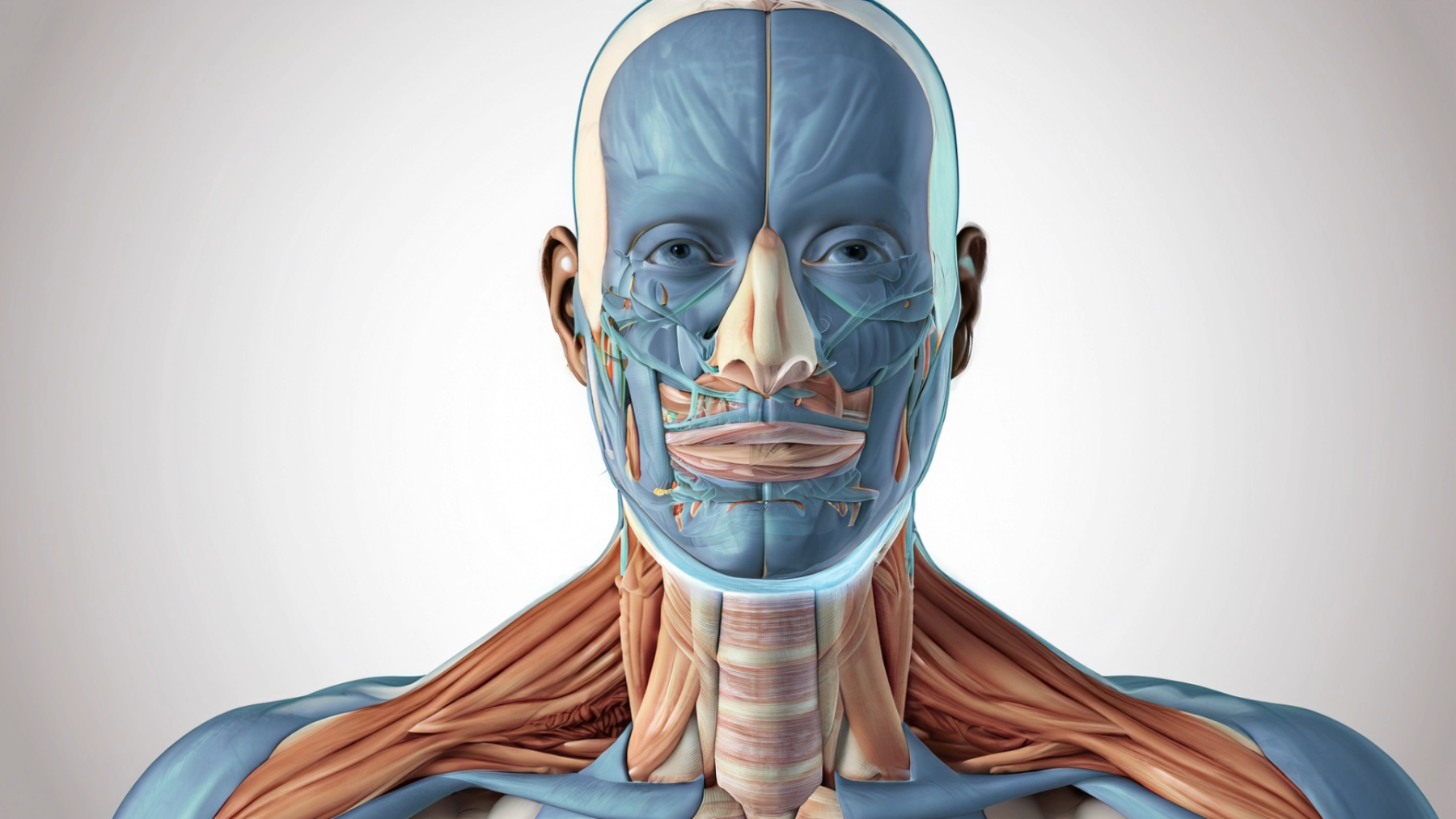
I'm Too Hot to Learn
by Leslie Gudger
Human cells function best within a specific temperature range. Recent scientific data has shown that extreme high temperatures can have detrimental effects on our cells. In fact, repeated exposure to extreme heat (like the 31 consecutive days of 110-plus degree weather we endured in 2023) can damage brain cells, cause inflammation in the brain, and exhaust cognitive reserve. How do we expect our students to gain and retain information under this steadily changing environment? Students will be conducting research on this scientific concept and creating a video to show their findings.
Lesson Grade Level
7th GradeLesson Plan Link/URL
https://docs.google.com/presentation/d/1F3bmMOpqqZUP8GVj-qLRIrPkKyE2ehRo/edit?u…Subject Area
Science Life Science L1: Cells Technology 1. Empowered Learner 3. Knowledge Constructor 6. Creative Communicator English Language Arts (ELA) Reading (Informational Text) Speaking & Listening
Featured
Off
Related Content

Grades:
Kindergarten, 1st Grade, 2nd Grade, 3rd Grade, 4th Grade, 5th Grade, 6th Grade, 7th Grade, 8th Grade
Most students are likely familiar with popular films like Happy Feet, Surf’s Up, Penguins of Madagascar, and classic books like Mr. Popper's Penguins. Capitalizing on this familiarity with penguins

Grades:
9th Grade, 10th Grade, 11th Grade, 12th Grade
Students are guided through the urgency to create large scale plan solutions for climate mitigation and green energy fuel sources. They will then build and design a bioreactor using algae as a

Grades:
9th Grade, 10th Grade, 11th Grade, 12th Grade
This STEM Argumentative Research Project engages students in exploring the scientific, ethical, and societal implications of themes in Mary Shelley's "Frankenstein." Students will work in groups to